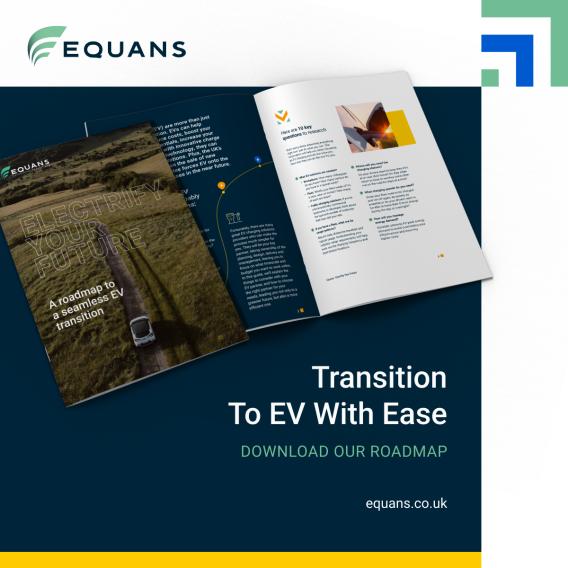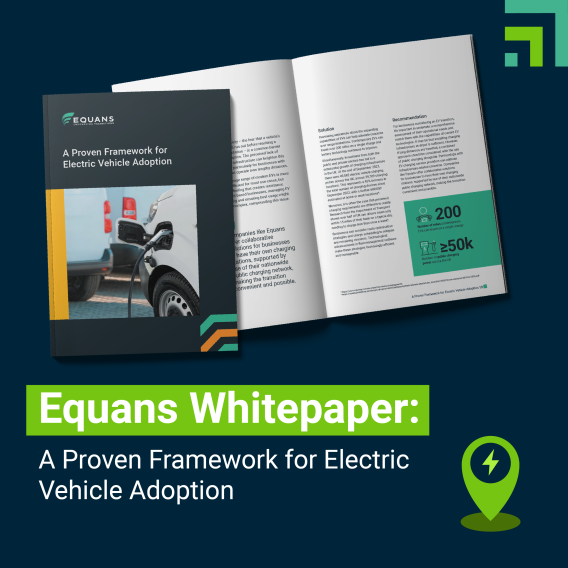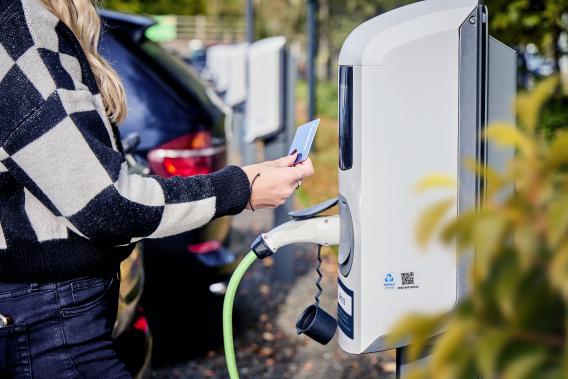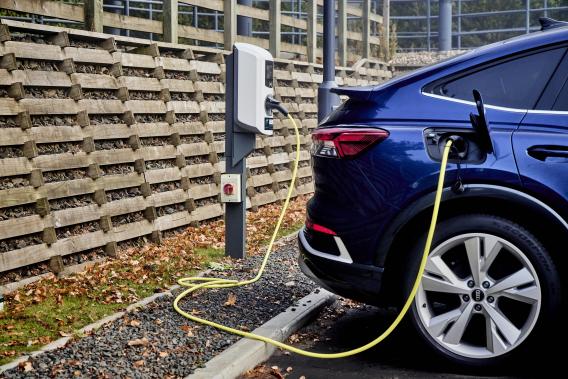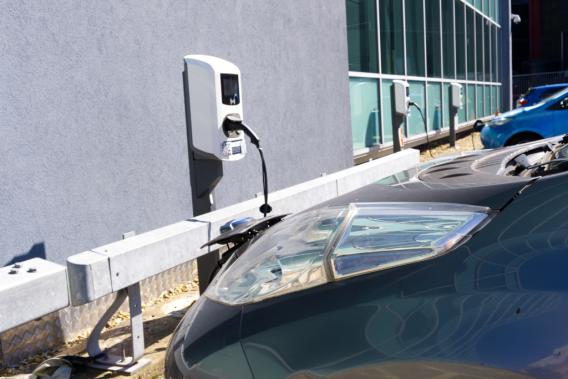Discover the hidden costs of delaying your fleet’s transition to electric
There are various reasons why some businesses are slow to make the transition to electric vehicle (EV) fleets, perhaps believing the process will be too complicated or expensive, or even not seeing the potential gains as worth the risk. Unfortunately, the transition is inevitable and delaying it has cost implications that hit your bottom line.
Cost implications of adopting EVs
While EVs may seem expensive initially, many governmental schemes currently exist for early adopters, which may not be available later on. The value of these schemes is often quite significant, so they are well worth investigating. Your chosen EV-solutions supplier will be able to help you with navigating the most up-to-date schemes.
Over the long term, EVs bring cost savings from reduced fuel and maintenance expenses when compared to petrol and diesel vehicles. Additionally, congestion charges are becoming more common in UK cities, with higher fees imposed on traditional vehicles. These charges, along with the anticipated increase in fuel prices, could greatly affect your decision-making process.
Regulatory compliance and competitive advantage with EVs
As emission standards tighten worldwide, organisations that delay migrating to EVs may find themselves facing reputational damage, and in severe cases, operational restrictions. Those who have adopted EVs early are reaping the many benefits in terms of compliance and have an advantageous position over the competition.
Equans EV has seen first hand how companies that adopt EVs early thrive in an increasingly green-conscious market. Being slow to transition risks becoming uncompetitive to more agile competitors who have already embraced the EV shift.
EVs and asset retention
The upcoming ban on the sale of new petrol and diesel vehicles in the UK will impact their resale value and maintenance costs. The second-hand market for these vehicles is likely to contract significantly, making an early transition to EVs an important consideration.
Building operational resilience through EV adoption
Petrol and diesel vehicles remain susceptible to unpredictable oil prices and supply disruptions, as seen during the war in Ukraine. By adopting EVs now, your organisation can protect itself from such uncertainties and ensure a more resilient operation.
Employee satisfaction
The delay also has a subtle, yet significant, impact on employee satisfaction, recruitment, and retention as younger workforce demographics increasingly gravitate towards environmentally responsible employers. According to an employee engagement study by Cone Communications, 51% of employees indicated they would not work for a company that doesn’t have strong policies addressing social or environmental sustainability issues[i].
Transition to EVs and strengthen your business today
Adopting EVs is not only environmentally responsible, but also a sensible business decision. With the UK moving towards a ban on new petrol and diesel vehicles and a heightened emphasis on cleaner transport options, proactively transitioning to EVs can help secure your fleet’s competitiveness in the contemporary market.
With Equans as your partner, your path towards EVs can be an intelligent, seamless, and commercially beneficial transition. Seize the opportunity and switch to EVs today.
[1] https://businessleadershiptoday.com/how-important-sustainability-is-to-employees/
